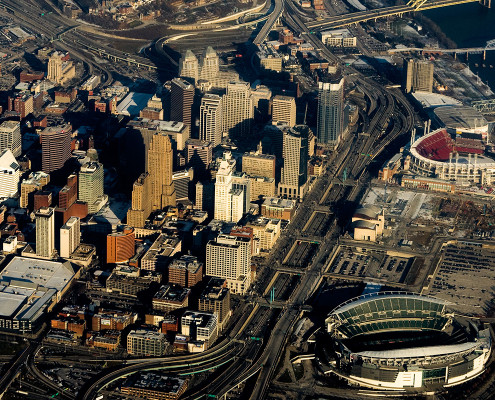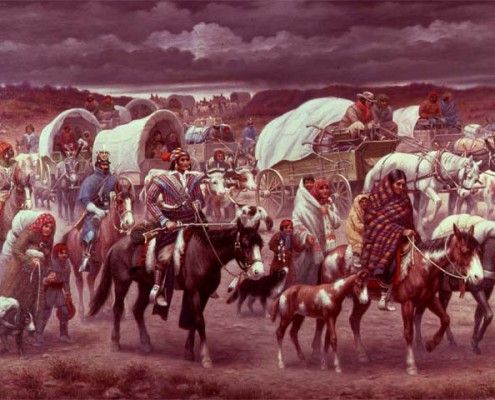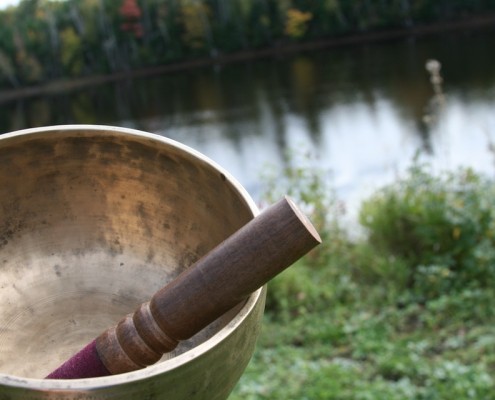Posts

Day 23: Separate, Unequal, and Hostile
The Urban League of Cincinnati recently published “The State of Black Cincinnati 2015: Two Cities.”[1] At 150 pages of careful statistical analysis, the report describes itself as a “bleak, possibly overwhelming snapshot of Cincinnati’s African American community and its economic and social challenges.” From health care and education to employment and incarceration, the picture of “Black Cincinnati” is bleak indeed, and not a little overwhelming to this white reader and citizen.

Day 22: Questioning a Theology of Possession
White America’s interpretation of today’s reading has rendered it a text of terror with destruction in its wake. The idea "that you may live, and may enter in and take possession of the land which the LORD, the God of your fathers, is giving you" (Deut. 4:1), provided scriptural warrant for Christians to claim the land that would become the United States. This presumably God-given blessing provided powerful symbolic justification for conquest, echoing throughout Christian reasoning to dispossess First Nations peoples and build America as a white Christian nation.

Day 21: The Power to Heal
We can all agree that America is in need of race reconciliation. But how do we begin to heal from our past?
I believe it requires three important actions that we can take from today’s reading. First, by acknowledging the sins of our past and present. We fall short if we only acknowledge the history of racism in America. We must also acknowledge the current structures of racism including police brutality, violence against minorities, under-resourced schools, inadequate and hazardous access to natural resources, and disproportionate rates of unemployment. It is also crucial to recognize white privilege and acknowledge that one’s skin color has afforded opportunities or access that is withheld from others.

